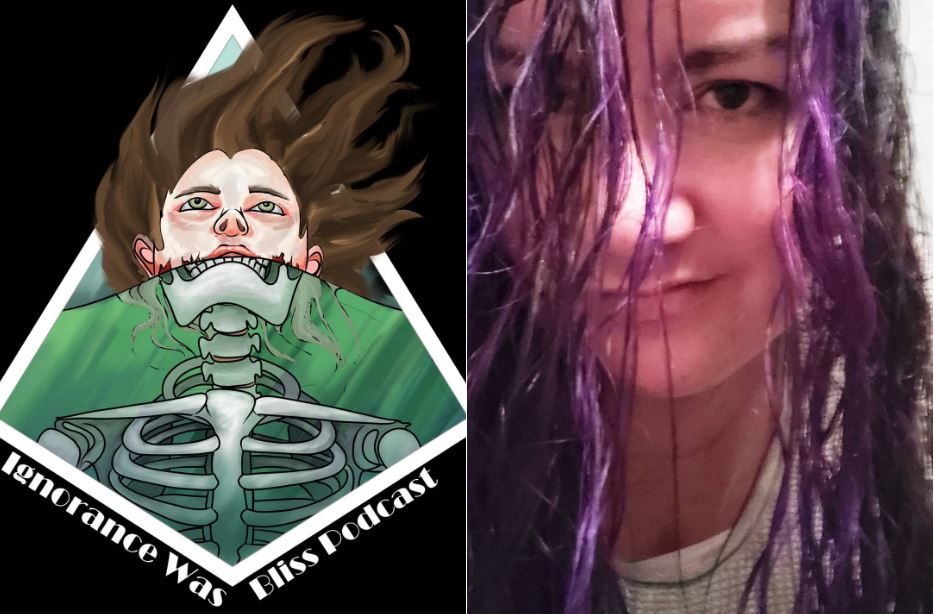
The Ignorance of Purchasing Kate In a media environment that is fixated on polish, Was Bliss a Coffee has evolved into a silent rallying cry for people who yearn for honesty. Despite its apparent simplicity, the gesture is incredibly powerful because it maintains a voice that defies expectations, accepts flaws, and narrates stories that remarkably resemble lived experience.
Podcasting is just one aspect of Kate Wallinga’s life. As a former psychologist who now tells stories, she skillfully incorporates themes of trauma, resiliency, and identity into discussions that, despite their rawness, feel remarkably transparent. Ignorance Was Bliss, her show, sounds uncut and eerily real, like midnight confessions read aloud at a café. Donating coffee is a vote for integrity over deception, and it’s more than just caffeine.
Kate and Ignorance Was Bliss
| Element | Details |
|---|---|
| Name | Kate Wallinga |
| Podcast | Ignorance Was Bliss (IWB) |
| Genre | True Crime, Psychology, Society & Culture |
| Active Years | 2018 – Present |
| Episodes | 500+ |
| Signature Style | Raw, unfiltered, deeply personal conversations |
| Themes | Trauma, resilience, identity, how we become who we are |
| Audience Reach | 1.1K+ Instagram followers, 8.3K+ Twitter/X followers |
| Listener Rating | 4.4/5 (Apple Podcasts, 199 reviews) |
Glossy productions and podcasts supported by celebrities have taken center stage in the news lately. But because they see something especially novel—intimacy—listeners are swarming to independent shows like Kate’s. She creates an incredibly versatile space that resonates with survivors, academics, artists, and regular people who are all looking for connection by embracing pauses, sighs, and messy laughter.
Her perseverance is truly remarkable. As podcasting has grown into a lucrative industry with corporate networks and gaudy marketing over the last ten years, Kate has quietly produced over 500 episodes, frequently while juggling personal struggles and health issues. Grassroots support has significantly increased that persistence. Purchasing coffee for her turns into a symbolic gesture that helps an independent creator overcome structural obstacles much more quickly.
This effect was amplified by the pandemic. Ignorance Was Bliss became a lifeline during lockdowns, when social anchors were greatly diminished by anxiety and isolation. It was characterized by listeners as surprisingly inexpensive therapy. Kate’s discussions were sympathetic admissions that life is complex rather than predetermined answers. One way to ensure that these places of validation persist is to offer her support in the form of coffee.
Funding is still frequently the largest obstacle for podcasters in their early stages. It is very difficult to maintain production without networks or sponsorships. Kate is a great example of how loyalty can be developed through authenticity. Trust is her top priority, not sensationalism. Her episodes are shared by fans because they are essential, not because they are designed to go viral. Sincerity still matters in an attention economy, as evidenced by every coffee bought and every shared link.
Due to cultural changes, this support has been especially helpful. Kate’s work feels like its grassroots counterpart, less polished but more relatable, as public figures like Selena Gomez, Demi Lovato, and Prince Harry raise awareness of mental health issues. Similar to Roxane Gay’s memoirs or podcasts like Armchair Expert, she demonstrates that vulnerability is not weakness but courage. In this instance, a coffee is a modest but effective investment in a cause.
Her voice is frequently described by listeners as being incredibly dependable—the friend who doesn’t sugarcoat but always shows up. Even brief updates regarding her personal health have a profound emotional impact and provide a level of intimacy that is impossible for large-scale productions. Purchasing coffee for her maintains that dependability. It makes sure that the next episode, be it a personal reflection or a terrifying crime story, reaches listeners in different time zones.
Her story has always been one of grassroots growth. Ignorance Was Bliss is a word-of-mouth phenomenon, much like the early days of Serial, which gained popularity through natural fascination rather than advertising campaigns. Fans demand it; they don’t merely suggest it. Giving her money in the form of coffee donations is a continuation of that same devotion and a means of maintaining the dialogue.
The bigger impact is very resilient. Kate challenges the notion that only voices from the studio should be heard by normalizing clumsy, unpolished conversations. She has drawn attention to the expanding relationship between therapy and storytelling, demonstrating how podcasts can serve as unofficial support networks. Being able to listen, connect, and feel understood becomes incredibly powerful in a society where traditional therapy can seem unattainable.
Kate’s strategy will continue to be especially creative in the years to come, when digital media is dominated by automated voices and AI-generated scripts. Her advantage is her genuineness. Supporting one podcast isn’t the only reason to buy her coffee now. It is about ensuring that authentic voices, unaltered and fearless, will continue to flourish in the face of artificial alternatives.
